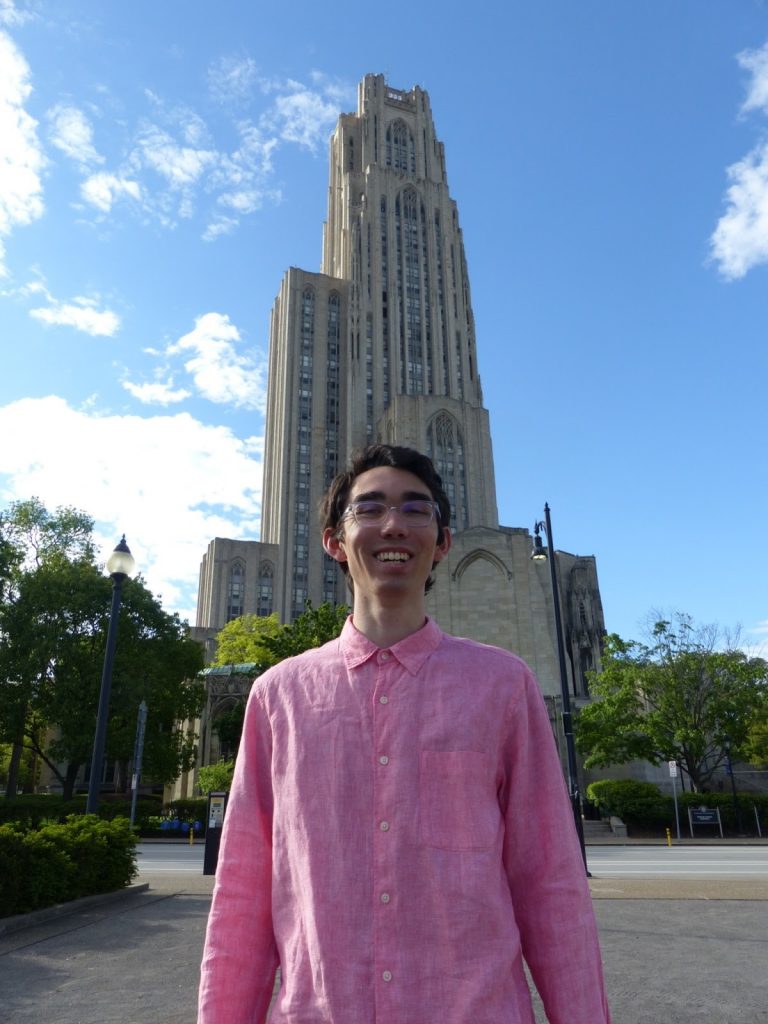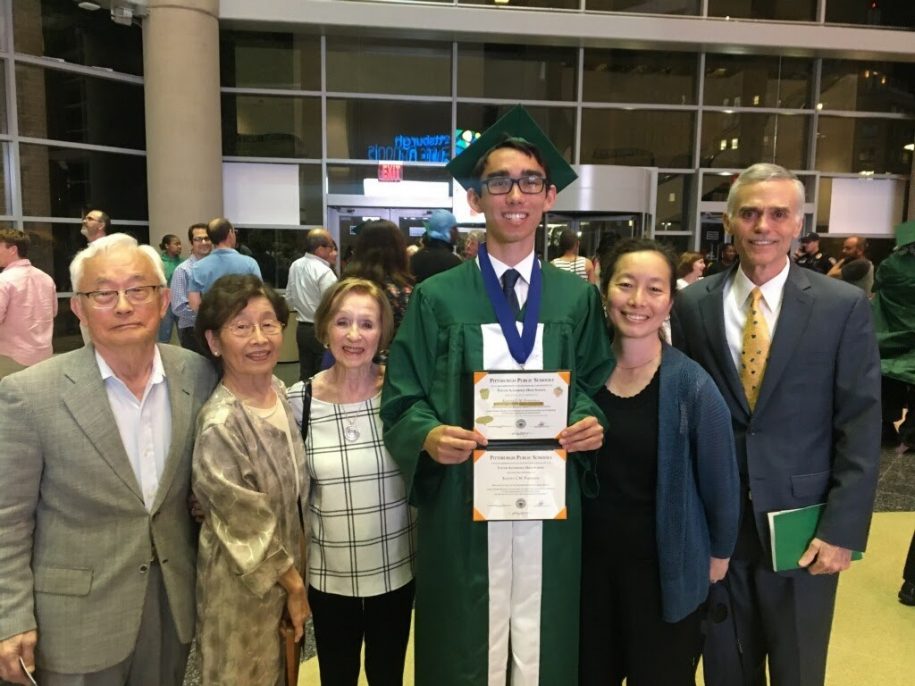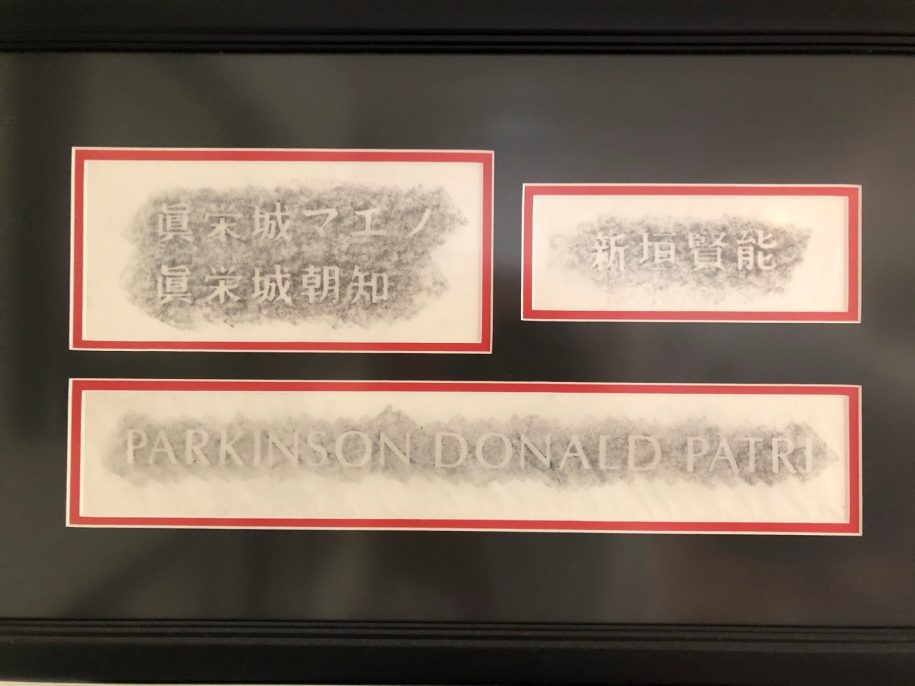Kazuma Parkinson is a USJC Intern from Pittsburgh, PA. He is a Statistics Major and Inequality Studies Minor at Cornell University who interned at USJC during a leave of absence in his sophomore year, while also tutoring and taking classes at the University of Pittsburgh.

Being half Japanese has always been part of my identity, but through working for the U.S.-Japan Council, my interest in my AAPI heritage has grown. My Japanese grandparents are from Okinawa. They moved to America with my mother in the 1960s when my Ojiichan was completing his graduate studies in economics. They eventually settled in Pittsburgh. After graduating high school, my mother left Pittsburgh and returned in 2007 with my father and me. As a result, I grew up within walking distance of my Ojiichan and Obaachan and attended the same elementary and high schools as my mother.
Although Pittsburgh does not have a large Japanese American community, I listened to my grandparents speaking Japanese and was exposed to Japanese culture while I was growing up. Despite visiting Japan over the years, I didn’t focus on my roots. I paid more attention to the delicious food than history or location. When I first heard words like “issei” and “nikkei” at USJC meetings, I had to consult Google.
Through my USJC internship, I met my objective to learn how nonprofits operate and use data. I also discovered a new curiosity into my AAPI heritage. By writing newsletter articles on the “Japanese Americans & Japan:” Legacies Series and listening to stories through the Japanese American Storytelling Program, I became more interested in my heritage and how it has shaped me. What was my family history? What does being half Japanese mean to me? As I reflect, I realize how deeply U.S.-Japan history has impacted my family. My great-uncle on my father’s side who fought with the Marines in WWII and some of my Japanese family were killed in the Battle of Okinawa. All of their names are inscribed on the marble walls of the Okinawa “Cornerstone of Peace” memorial overlooking the Pacific Ocean.

This month, I would like to celebrate my newfound interest in my heritage and identity. I am more comfortable speaking to others about my background and experiences as a person of Asian descent. When speaking with half Asian friends, I realize we have similar experiences of feeling like we don’t fit in any specific group. I previously avoided these conversations, but I understand now that they are important for self-awareness, camaraderie, and expression. Next spring, I plan to study abroad in Kyoto to strengthen my language skills and connections to Japan. Although undecided about my career choice, I hope to be more involved in the Japanese American community.
AAPI Heritage Month provides an important opportunity to inform the nation about AAPI history. It’s critical for organizations like USJC to continue to reach out to the community to amplify AAPI voices. AAPI Heritage Month and other History/Heritage Months educate the general public to develop more empathy and dialogue between racial and ethnic groups, and I hope to see a stronger emphasis on finding footholds to educate residents in areas where there have historically not been large AAPI populations.

Finally, I would be remiss if I didn’t acknowledge the unprecedented context of my time working for USJC. Due to COVID-19, the relationships I built with USJC staff were via Zoom. The national outcry to end systemic racism after the murder of George Floyd and increasing anti-Asian sentiment make clear that racism is a continuing challenge. Taking a gap semester during this historical time allowed me to pause and question how my behaviors and choices can be part of solutions to long-standing problems that were highlighted in the past year.
As I conclude my internship, I would like to thank the USJC staff for being so welcoming, kind and helpful over the last several months. I had the pleasure of meeting one-on-one with the entire U.S. staff and have appreciated their willingness to share their personal and career insights. I look forward to hearing about USJC’s successes and future endeavors!
This article is part of a series of insights and op-eds from members in our community. If you would like to be featured in an article, please click here.